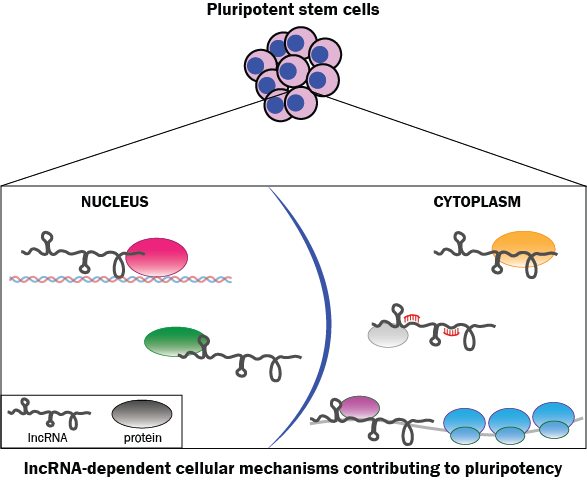List of potential PhD advisors [MCB]
PhD Programme in Biomedical Sciences is a programme at the Doctoral School of Exact and Natural Sciences the Jagiellonian University in Krakow with a strong inter-disciplinary, international inter-sectoral research and training dimension.
We will recruit early stage researchers (ESRs) in an open call, targeting the most talented and motivated ESRs in the fields of Biological and Medical Sciences. The recruitment process will adhere to the guidelines set in the code of conduct for the recruitment of researchers and the European charter for researchers, ensuring transparency of the recruitment process based on the merit and skills of applicants. The recruitment process will not discriminate applicants based on their personal features.
Training will be focused on the interest and expertise of researchers working at the Malopolska Centre of Biotechnology (MCB), Jagiellonian Centre for Experimental Therapeutics (JCET) and National Synchrotron Radiation Centre (SOLARIS).
The program covers various areas of biology:
- synthetic,
- structural,
- molecular,
- cellular,
- developmental
and utilizes plants, viruses, bacteria, invertebrates and vertebrates.
The program is also linked to interdisciplinary studies in endothelial biomedicine.
Our Students offered a place in our PhD programme will obtain a full scholarship funded by the Polish government regardless of nationality.
The applicants are free to choose the research topic and supervisors from the focus areas based on their personal interests and qualifications. We encourage our students to get involved in the broad range of scientific activities of MCB, JCET and Solaris research groups. It is also an excellent opportunity to learn to think across disciplines and build up initial collaborations and cross-disciplinary skill sets.
The programme is run in English, either in a six-semester or in an eight-semester system.
During their studies, our students are expected to attend training courses in transferable and general research skills, participate in the students' and outreach activities, present their work regularly and attend seminars.


 The project is designed to uncover the mechanism of action of selected human pluripotent stem cell (PSC)-specific lncRNAs. Although over 170 000 human lncRNAs transcripts are reported in most recent releases of databases (e.g. NONCODE), only a part of those RNAs have been attributed a biological function based on specific experimental studies reported in literature. Moreover, their interaction with binding partners (e.g. proteins) and mechanisms of action underlying their cellular functions are still far from being well understood. There is also a shortage of experimental data concerning lncRNA structure. The PhD student will apply structural biology and biochemical approaches to address these unknowns and work in close collaboration with the Postdoctoral researcher who will focus on lncRNA mechanisms of action on the cellular level. The planned scope of the PhD student work is the following:
The project is designed to uncover the mechanism of action of selected human pluripotent stem cell (PSC)-specific lncRNAs. Although over 170 000 human lncRNAs transcripts are reported in most recent releases of databases (e.g. NONCODE), only a part of those RNAs have been attributed a biological function based on specific experimental studies reported in literature. Moreover, their interaction with binding partners (e.g. proteins) and mechanisms of action underlying their cellular functions are still far from being well understood. There is also a shortage of experimental data concerning lncRNA structure. The PhD student will apply structural biology and biochemical approaches to address these unknowns and work in close collaboration with the Postdoctoral researcher who will focus on lncRNA mechanisms of action on the cellular level. The planned scope of the PhD student work is the following: